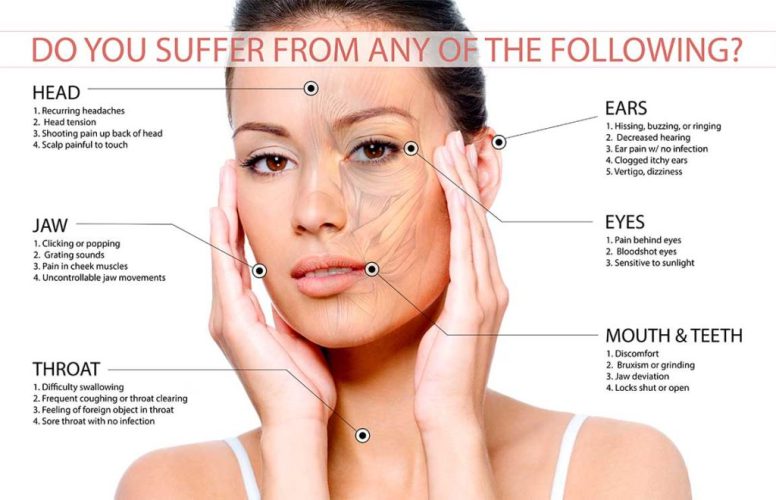What Eat After Root Canal

After undergoing a root canal, it’s essential to be mindful of what you eat to ensure a smooth and comfortable recovery. The goal is to choose foods that are gentle on your mouth, won’t irritate the treated area, and provide the necessary nutrients for healing. Here’s a comprehensive guide to help you navigate your dietary choices post-root canal.
Understanding Your Needs After a Root Canal
Immediately after the procedure, your mouth might feel numb due to the anesthesia, and you might experience some sensitivity or discomfort in the area where the root canal was performed. It’s crucial to avoid chewing or biting on the treated tooth until it’s fully restored, usually with a filling or crown, to prevent further irritation or potential cracking of the tooth.
Recommended Foods
Soft Foods: Opt for a diet rich in soft foods that require minimal chewing. Examples include:
- Yogurt: High in protein and calcium, which are beneficial for healing.
- Soups: Especially those rich in vegetables for vitamins and minerals.
- Mashed Potatoes: Easy to eat and a good source of carbohydrates.
- Scrambled Eggs: High in protein to support healing.
- Smoothies: Blend your favorite fruits, yogurt, and milk for a nutritious and easy-to-consume drink.
- Cooked Pasta: Soft and easy to chew.
- Avocado: Rich in healthy fats and can be eaten mashed.
Cold Foods: Cold foods can help in reducing swelling and easing discomfort.
- Ice Cream: Although it might seem like a treat, opt for flavors without nuts or hard candies to avoid discomfort.
- Cold Cuts: Soft and easy to chew, but be cautious of the texture.
- Puddings: Similar to yogurt, pudding can be a comforting and nutritional option.
Liquids: Staying hydrated is crucial for healing. Include:
- Water: The most essential fluid for hydration.
- Herbal Teas: Can be soothing and provide antibacterial benefits.
- Clear Broths: Rich in minerals and easy on the stomach.
Foods to Avoid
It’s equally important to know what foods to avoid after a root canal to prevent discomfort and potential complications.
- Hot Foods and Drinks: Avoid extremely hot foods and drinks for a few hours after the procedure to prevent discomfort.
- Hard or Sticky Foods: Avoid foods that are hard, crunchy, or sticky as they can irritate the tooth or dislodge the temporary filling.
- Nuts
- Hard Candies
- Popcorn . Spicy or Acidic Foods: These can irritate the mouth and delay healing.
- Citrus Fruits or Juices
- Spicy Sauces
- Chewy Foods: Foods that require a lot of chewing should be avoided to minimize the risk of irritating the treated tooth.
- Tough Meats
- Dry Fruits
Additional Tips
- Eat Slowly and Carefully: To avoid biting your cheek, tongue, or the inside of your lip while the anesthesia is wearing off.
- Avoid Drinking Through a Straw: The suction can dislodge the temporary filling.
- Stay Hydrated: Drinking plenty of water helps in keeping your mouth clean and supports the healing process.
- Follow Your Dentist’s Instructions: Each individual’s case might have specific recommendations based on the procedure’s complexity and the patient’s health history.
By following these dietary guidelines, you can help ensure a comfortable recovery from your root canal procedure. Remember, if you experience any severe pain, swelling, or have concerns about your recovery, it’s always best to consult with your dentist.
How long should I follow a soft food diet after a root canal?
+Typically, you should follow a soft food diet for a few days after the procedure, or as advised by your dentist, to allow the tooth and surrounding tissues to heal properly.
Can I drink coffee after a root canal?
+While coffee itself is not harmful, it’s recommended to avoid hot beverages for a few hours after the procedure. Additionally, be cautious of caffeine, as it can interfere with certain medications.
What are the signs of complications after a root canal that I should look out for?
+Signs of potential complications include increasing pain, swelling, or if you experience any throbbing, which could indicate infection. Contact your dentist immediately if you notice any of these symptoms.



